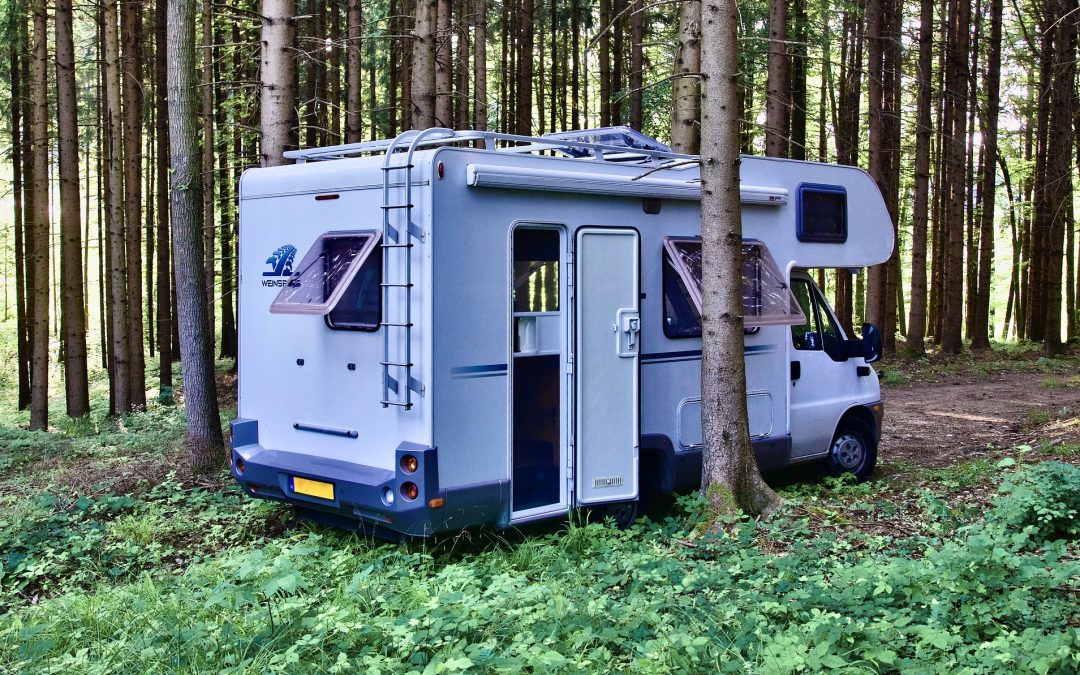Boondocking, or camping off the grid, is a popular way for RVers to enjoy the great outdoors. It’s an adventure that allows you to immerse yourself in nature and escape the hustle and bustle of everyday life. However, with this freedom comes a responsibility to preserve the environment and maintain harmony with fellow campers. This guide will walk you through the essential tips for responsible boondocking.
Definition of boondocking
Boondocking is a term used to describe camping in an RV without access to hookups, such as electricity, water, or sewer. It’s also known as dry camping or dispersed camping, and it often takes place on public lands or remote locations.
The importance of responsible boondocking
Responsible boondocking is essential to protect the environment, maintain good relationships with other campers, and ensure that these pristine locations remain accessible to future generations. By adopting eco-friendly practices and adhering to local laws, you’ll be able to enjoy a sustainable and serene camping experience.
The Leave No Trace Principles
Overview of the Leave No Trace principles
The Leave No Trace principles are a set of guidelines that help outdoor enthusiasts minimize their impact on the environment. These seven principles include planning ahead, traveling and camping on durable surfaces, disposing of waste properly, leaving what you find, minimizing campfire impact, respecting wildlife, and being considerate of other visitors.
Importance of adhering to these principles
Adhering to the Leave No Trace principles is crucial for preserving the natural beauty and ecological health of the areas where you camp. By practicing these principles, you can minimize your impact, protect wildlife, and ensure that future generations can also enjoy these remote locations.
Practical tips for implementing Leave No Trace
- Plan your trip and research local regulations, potential hazards, and weather conditions.
- Use existing campsites or durable surfaces to minimize your impact on the environment.
- Pack out all trash and dispose of human waste properly.
- Leave natural and cultural features undisturbed, and avoid introducing non-native species.
- Use a camp stove instead of making a fire, or follow local fire guidelines if fires are allowed.
- Observe wildlife from a distance and store food securely to avoid attracting animals.
- Keep noise levels down and respect the privacy of other campers.
Neighborly Etiquette
Respecting noise levels
Be mindful of your noise levels, especially during early morning and late evening hours. Keep music and generator use to a minimum, and use headphones when possible. Additionally, maintain a respectful distance from neighboring campers to allow everyone to enjoy the peace and quiet.
Proper parking and space allocation
When setting up camp, park your RV in a way that respects the space and privacy of other campers. Avoid blocking access to roads or trails and leave enough room between your campsite and others to maintain a sense of solitude.
Communicating with neighbors and resolving issues
If issues arise with fellow campers, approach them respectfully and try to resolve the situation amicably. Open communication and a willingness to compromise can go a long way in maintaining harmony at your boondocking location.
Preparing for Self-Sufficiency
Pre-trip planning and packing essentials
Before embarking on your boondocking adventure, make a checklist of essential items to pack, such as food, water, clothing, and emergency supplies. Research your destination and prepare for potential weather conditions or other challenges.
Water, food, and waste management
Energy conservation and renewable power sources
To reduce your reliance on generators, consider using solar panels or wind turbines to generate electricity for your RV. Use energy-efficient appliances and lights, and be mindful of your power usage to conserve energy. Turn off devices when not in use and unplug chargers to avoid phantom power draw.
Environmental Stewardship
Protecting flora and fauna
Be cautious of your impact on plants and animals while boondocking. Stick to established trails to avoid trampling vegetation, and avoid disturbing or removing plants or rocks. Keep a safe distance from wildlife, and never feed or approach them. Store your food securely to prevent attracting animals to your campsite.
Preventing wildfires
Take steps to prevent wildfires, especially in dry and fire-prone areas. Follow local fire regulations and restrictions, and never leave a campfire unattended. Use a camp stove instead of an open fire when possible, and ensure all fires are completely extinguished before leaving your campsite.
Participating in cleanup efforts and advocacy
Consider participating in local cleanup efforts or joining environmental groups to help preserve the areas you love to visit. Advocate for responsible camping practices and share your knowledge with other RVers to promote sustainable boondocking.
Resources
- Leave No Trace Center for Outdoor Ethics – 7 Principles: https://lnt.org/learn/7-principles This website provides an in-depth explanation of the seven Leave No Trace principles and how to apply them during outdoor activities, including boondocking.
- U.S. Forest Service – Dispersed Camping Guidelines: https://www.fs.usda.gov/visit/know-before-you-go/dispersed-camping This official U.S. Forest Service page offers guidelines for dispersed camping on public lands, including important rules and recommendations for responsible boondocking.
- National Park Service – Camping in National Parks: https://www.nps.gov/subjects/camping/campground.htm The National Park Service website shares information about camping in national parks, including regulations and resources for RVers and campers looking for sustainable boondocking options.
- RV Life – Boondocking Tips and Tricks: https://rvlife.com/boondocking-tips/ This article provides practical advice for RVers who want to boondock responsibly, including tips on water conservation, waste management, and energy efficiency.
- Campendium – Boondocking 101: https://www.campendium.com/camping/boondocking-101/ Campendium’s Boondocking 101 guide offers an introduction to boondocking, along with helpful resources and tips for finding free, sustainable, and responsible camping spots.
Conclusion
By following these responsible boondocking tips, you can minimize your environmental impact, maintain harmony with fellow campers, and ensure that these beautiful natural spaces remain accessible for future generations to enjoy. Boondocking can be an enriching experience that deepens your connection to nature, and with careful planning and a commitment to sustainability, you can make a positive impact on the environment and the RV community.

